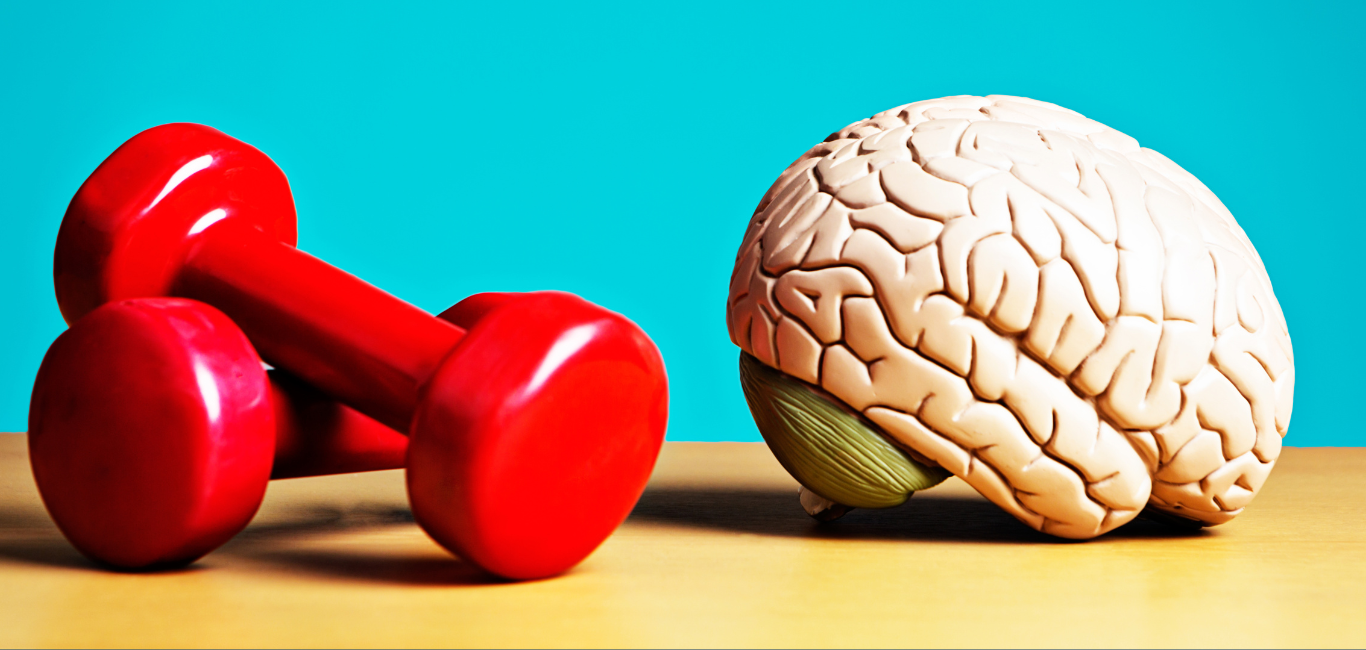
Amidst life’s constant changes, a common concern connects us all: the gradual decline of our memory with age. A fading memory can manifest unexpectedly and differently, affecting our everyday lives.
S R Rai, a retired bank manager from Pune, experienced this situation and found himself caught in the throes of memory lapses.
After retirement, Rai, 66, started forgetting things. He had episodes of memory lapses that worsened once he moved to a home for senior citizens. “He started forgetting recent events, had trouble recalling names of people and places and [would repeat] his questions,” says his caretaker.
Initially, Rai’s doctor advised him to be engaged in group activities to keep his memory agile, but they were ineffective. The turning point came when he was introduced to neurobics.
The brain needs to experience new and multi-sensory activities to stay sharp, says Dr Arun P Sikarwar, assistant professor of neurobiology at Dayalbagh Educational Institute, Agra. “Including [such] activities in our daily routine [encompasses] neurobics,” he explains.
Boosting brain power
The term neurobics is a fusion of ‘neuro’ (referring to brain cells) and ‘aerobics’ (an exercise). Neurobics is rooted in the brain’s plasticity – another word for its fascinating ability to change and restructure itself in response to external stimuli.
“Just as we frequently visit the gym to strengthen our muscles, engaging [ourselves] in neurobics can [be] a workout for the brain’s networks and lead to improved cognitive function,” says Dr Sikarwar.
Read more here on Brain on music
Timing the mind’s gym
Neurobics do not require a specific time or location. They can be included in the daily schedule. Dr Sikarwar highlights two essential requirements: embracing new experiences and engaging all our senses in these experiences.
Read more: Neurobics: pumping up the brain’s memory muscles
The activities include mental tasks and cognitive exercises that trigger the brain, prevent memory decline and enhance the ability to retrieve memories. “It is a type of brain exercise designed to stimulate and challenge the brain’s neural pathways and promote cognitive function,” says Dr Blen Tesfu Teklu, general physician at Bitena Primary Hospital, Ethiopia.
Dr Sikarwar gives an example of preparing a different dish every day. “By doing so, we stimulate the sense of unfamiliar scents, observe unfamiliar foods and assess their textures. This approach is a smart way of leveraging all our senses in one task,” he says.
Additionally, neurobics are also a complementary approach to aid recovery from traumatic brain injuries and stroke. “Neurobics exercises may help the brain form alternative neural pathways to compensate for damaged areas, potentially facilitating rehabilitation and recovery,” says Dr Teklu.
Brain’s playground
Each time we are involved in an activity, our brain creates neural substrates of memory called ‘memory engrams’ or memory traces. These engrams get activated by the learning process. Later, seeing or experiencing similar things can turn these traces on again, helping us remember what we learned.
As we add new experiences, these memory engrams create more connections between brain cells. These connections build a network in the brain that helps in memory retrieval. “Neurobics focuses specifically on activities that challenge the brain’s existing patterns and routines,” says Dr Teklu.
Dendrites are finger-like projections of neurons that connect with neighbouring cells. Research shows that . These neurochemicals help develop new dendrites and neurons, enhancing cognitive abilities and practical skills.
Harnessing the brain’s potential
Calculating the storage capacity of the human brain’s memory is a challenge, but according to Dr Sikarwar, it is roughly comparable to almost 300 years’ worth of HD television shows, equivalent to around 2.5 million gigabytes.
However, achieving this maximum memory capacity is not possible because the brain’s memory capacity is influenced by factors like age, health and emotions.
“Neurobics is one such method to harness the maximum potential of our memory,” explains Dr Sikarwar. For people who struggle with forgetting things, neurobics can help bring back memories, he adds.
“Individuals who engage in neurobics have reported positive effects such as improved memory, increased focus, enhanced problem-solving skills, and overall mental agility,” says Dr Tesfu.
How new tasks can help
Rai’s own experience is a testament to this. He took up tasks such as gardening, solving puzzles and handling money. By using all his senses and doing new things, he began remembering a few details once again.
Neurobics is not a new idea. It is about trying new things that are different from our routine. Its practice can bring new energy to our thinking.
According to Dr Tesfu, neurobics is suggested for those aiming to boost their cognitive capacities and keen on maintaining brain health as they age. “It is believed to be beneficial for older adults, as cognitive decline becomes common with ageing. But neurobics can be practised by individuals of all ages who wish to improve their mental sharpness and overall cognitive function,” she says.
Dr Sikarwar advises all to learn new skills, try new things and develop habits that benefit our brains. “Our minds have endless potential. With neurobics, we encourage our minds to go beyond what we’re used to, on a journey to keep our minds strong and sharp,” he emphasises.















